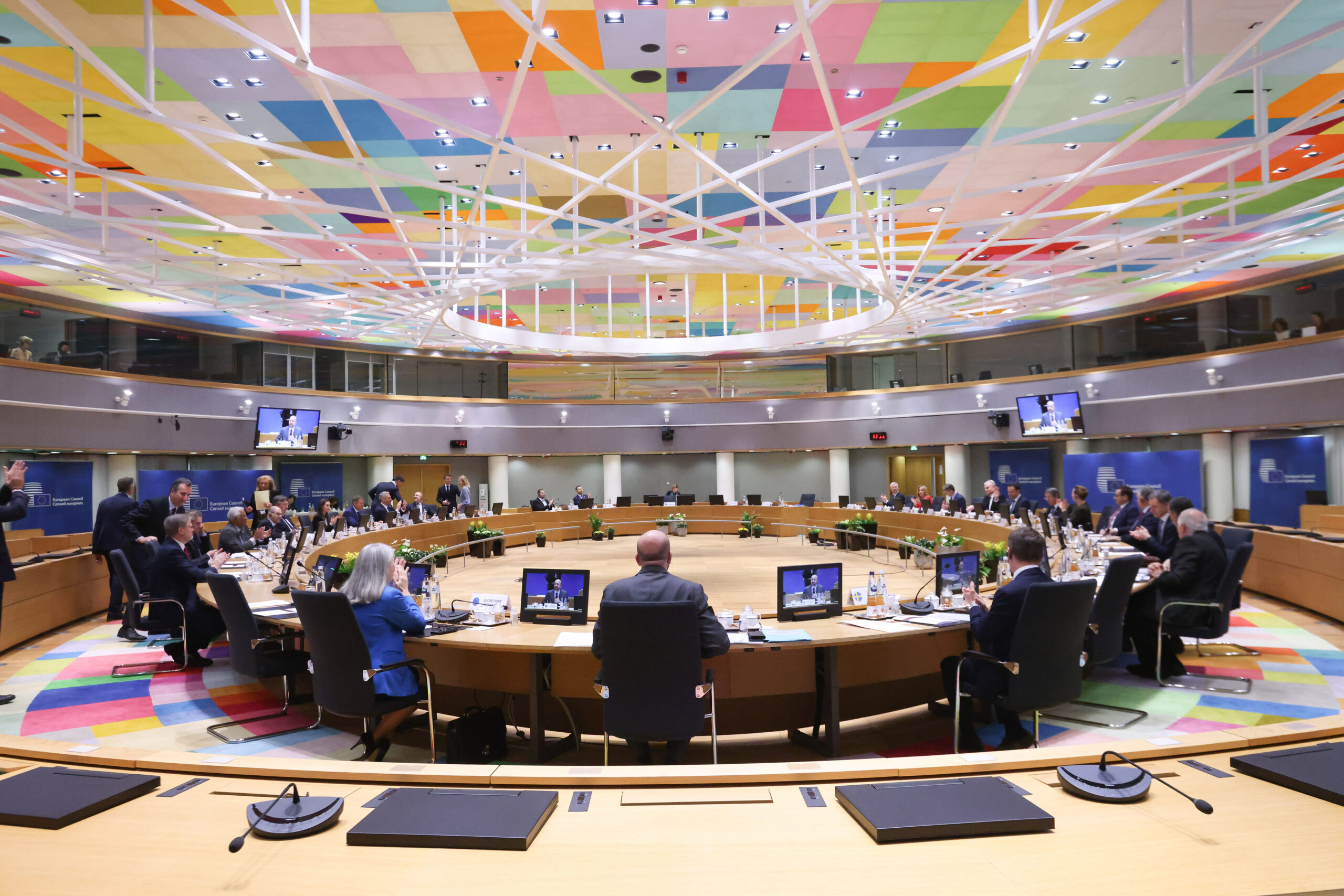European Council, here is the decision on state aid for green industry

At the European Council, the leaders of the Union reached an agreement on state aid to companies linked to the ecological transition, which must however be "targeted, temporary and proportionate". But the race for subsidies is not only with the United States: there is also China
The heads of state and government of the European Union, meeting yesterday in the Council in Brussels, reached an agreement to provide "targeted, temporary and proportionate" aid to companies, in order to counter US and Chinese subsidies to energy technologies clean and guarantee the continent a manufacturing capacity in strategic sectors for the ecological transition. Furthermore, "the flexibility of European funds will be increased, to ensure fair access to financial means" and reduce the disparities between the spending capacities of the countries of the Union.
WHAT IS THE CLEAN TECHNOLOGY MARKET WORTH?
The International Energy Agency estimates that the global market for manufacturing clean energy technologies (such as batteries, solar panels, wind turbines and electrolysers) will triple in value, reaching $650 billion annually by 2030.
Of this market, writes Reuters , Europe wants a slice for itself, even if at the moment many sectors are dominated by China. As for solar panels , for example, China accounted for 75 percent of world production in 2021; Europe just 2.8 per cent.
– Read also: Here are the Chinese companies that dominate the battery market
WHAT THE GREEN DEAL INDUSTRIAL PLAN PROVIDES FOR
Last week, in response to the US Inflation Reduction Act – which with its $369 billion of incentives risks diverting investment by European companies overseas – the Commission then proposed a relaxation of EU rules on state aid , in order to encourage public support for companies that deal with renewable energy, electric cars and hydrogen vehicles, for example, or that are investing in the decarbonisation of their production processes.
THE TENSIONS ON STATE AID
The Green Deal Industrial Plan , as the European plan is called, has however been criticized by some member states, including Italy . Opponents fear that greater recourse to state aid will unbalance the single market, making German and French companies – backed by governments with strong spending power – more competitive than all those others that cannot count on equally rich support.
Not only Italy, but also other countries have reservations about state aid. The Netherlands, Ireland, Czechia and the Nordic bloc, for example, fear a proliferation of subsidies to companies with no strategic value.
Liberal Dutch Prime Minister Mark Rutte is particularly opposed to raising new EU funding for green industries. Germany is also reluctant to issue more European debt.
THE COMMISSION'S NEXT STEPS
The European Commission intends to propose a Net-Zero Industry Act, which will serve to speed up the authorization procedures for projects related to net zero emissions industry, and a Critical Raw Materials Act, aimed instead at enhancing the recycling of critical raw materials and diversification of supplies, so as to reduce dependence on China.
Commission president Ursula von der Leyen said the two bills would be presented before the next meeting of European leaders on March 22-23.
THE DOUBLE WAR OF AID
The Green Deal Industrial Plan does not want to counter only the US Inflation Reduction Act, but also the state subsidies that China assigns to its industries.
Von der Leyen said the US law is "clearly defined and targeted" at six cleantech sectors; Brussels, consequently, considers it "very open and transparent", and therefore easier to manage. The situation in China, according to the president of the Commission, is instead much more opaque, and there are "hidden subsidies" to a large number of sectors; he added that European companies are having difficulty accessing the Chinese market and enforcing their intellectual property rights.
On photovoltaic panels, for example, necessary for the expansion of a source that the International Energy Agency considers "the new king of global electricity markets", in 2013 the European Union imposed anti-dumping duties on imports from China , claiming that local producers receive unjustified government subsidies. Now the focus is shifting to electric vehicles, for which China is the largest market in the world.
This is a machine translation from Italian language of a post published on Start Magazine at the URL https://www.startmag.it/energia/consiglio-europeo-aiuti-stato-industria-verde/ on Fri, 10 Feb 2023 09:20:58 +0000.
